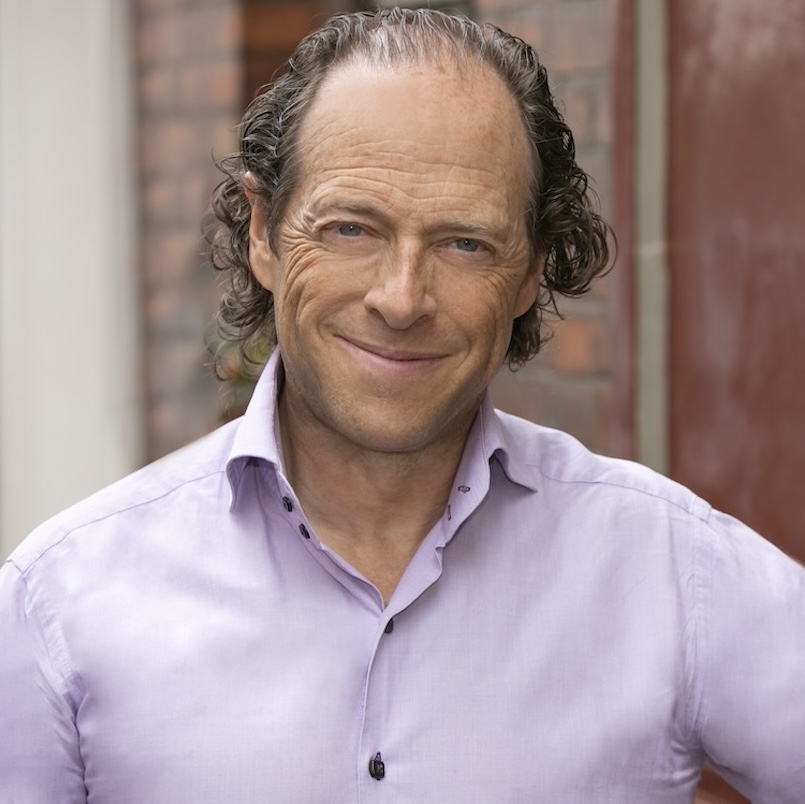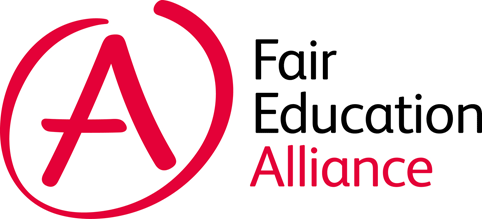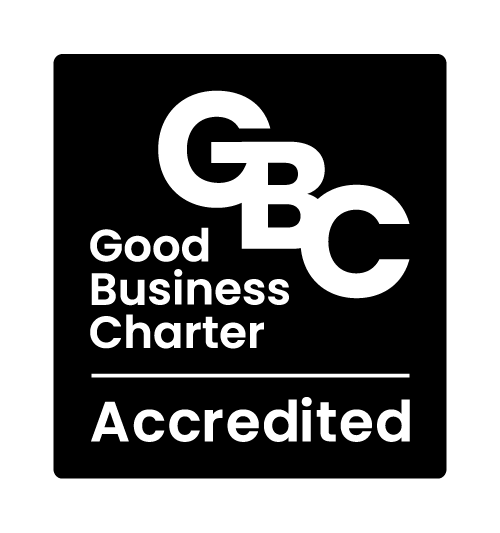Our Co-Founders

Michael Davies
Co-founder
Michael was Editor of Parallel Histories from 2017 until his untimely death in 2024. Below are his words about how he came to found Parallel Histories:
“Parallel Histories stems from my own past, both my childhood and more recently my experience as a high school history teacher over nearly twenty years. Over this time as a teacher a few things became very clear to me. First, students love learning controversial history which challenges them to engage with more than one perspective, second, they really enjoy discussing and debating these different historical perspectives and third, they don’t get enough opportunities to learn this way.
I set up Parallel Histories in 2017 to make it easier for teachers to teach controversial history in a lively and engaging manner, emphasising speaking and listening as much as writing. We have focused on doing three things; making educational resources which are innovative, challenging, and fun, providing teachers with training on how to teach controversial history, and running inter-school online debating.
Our programmes are open to everybody, but we ensure that our schools as a cohort have significantly higher levels of students on Free School Meals than the national average.
Looking further back, I spent formative years in Northern Ireland as the Troubles began. I have a very clear memory of my father taking me aged nine to see the aftermath of the previous night’s rioting on Bombay Street in Belfast. The sight of a family carrying their furniture out of their terraced house with its smashed windows and loading their possessions onto a lorry to make the move out of a mixed area, made a profound impression on me. I simply couldn’t understand how people growing up in the same neighbourhood had turned against each other. Later when I understood how history plays an important role in fostering identity politics, I realised that it is essential school students study these contested histories of conflict as part of their preparation to be active citizens in flourishing pluralistic democracies.
It took me quite a while to realise that Parallel Histories was what I wanted to do. Before becoming a teacher aged 40, I ran the US arm of a management consulting business and before that I worked in sales and marketing for big businesses with global brands. All interesting jobs but the one I’ve got now is the most important!”

Julian Richer
Co-founder
I came across Michael in a Guardian article in 2015 about the difficulties of teaching the Israel Palestine conflict in school. He was developing a new way of teaching contentious history and was looking for a sponsor. I thought this sounded excellent so I called him up and offered to help. We had a cup of tea in St Pancras station and that was the start of a very fruitful collaboration.
My initial interest was in seeing the Israel Palestine conflict taught well – I think it’s really important that controversial topics should be tackled in the classroom – but as time has gone on I can see the need and benefits of using this dual narrative approach to many other controversial topics. We need to teach our school students how to think not what to think.
Today the alignment between Parallel Histories and one of my other projects, Campaign for Social Justice, is closer than ever. Unscrupulous politicians find it too easy to stoke intercommunal tensions to distract voters from social injustice. We must ensure tomorrow’s voters know there is always more than one narrative and that they have the skills to pick through the evidence to make up their own mind.
I’ve been delighted by our fantastic growth to 1100 secondary schools around the world, including 600 in the UK alone. We aren’t part of any government programme so this growth is all from individual teachers seeing the benefits to their students of our unique approach and then making time for it in their crowded curriculum.
Photo credit: Gerardo Jaconelli






